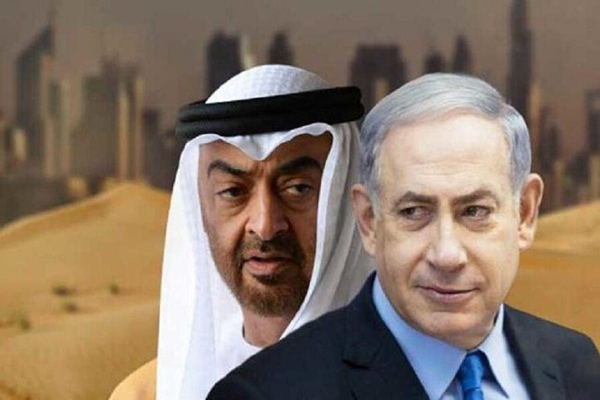From Past to Present
The anti-Iranian activities by certain states in south of the Persian Gulf, namely Saudi Arabia and the United Arab Emirates, is not anything new. Such measures had started at the time of “Barack Obama”. Since the outbreak of crisis in Syria, the Saudis and Emiratis tried everything they could. Not much time has elapsed since Riyadh rejected the UN Security Council seat in 2013. The reason for the Saudi withdrawal at that time was said to be the Russian veto of a UN Security Council resolution against Syria. But later in April 2016, when then US president Obama received a cold welcome from the Saudi leaders, it became clear that they only resented the negotiations that resulted in the JCPOA.
Months later, a number of international and local news media revealed that the Saudi and Emirati leaders had proposed that Obama should launch military attack on Iran, pledging to cover the whole costs. However, Obama had asked them to settle their problems at the negotiating table with Iranians, a response that further fueled the Persian Gulf rulers’ anger at Washington.
Such approach and policy-making in Riyadh and Abu Dhabi went on even more fanatically after Obama, when “Donald Trump” took the office at the White House. But only half a term in office for Trump was enough to prove that the Saudi and Emirati hopes were vain.
Right Time to Reconsider
The current situation in the Persian Gulf and West Asia is more dangerous than ever. The regional governments who did not believe that Iranians could resist the strongest unilateral and cruel US sanctions and who did not even imagine how the Iranian Armed Force would project power, have now gained a better understanding of the costs of a full-fledged war in the region.
On the other hand, the Saudi plans in Syria, Iraq, and the direct and full-blown war on Yemen have failed. The Houthis can now easily target oil facilities and air bases at the heart of Saudi Arabia, and have expanded the war into Saudi Arabia. In addition, the major and vital targets inside the United Arab Emirates are not also out or reach of the Houthi forces.
The need to get out of a futile and costly war in Yemen on the one hand, and the threats of a possible confrontation between Iran and the US facing those countries on the other hand, have provided enough reasons and logic for a retreat from and revision of the aggressive policies of the regional countries, in a way that the first signals came from the other side of the Persian Gulf.
The Facts Facing Regional Nations
Although the recent developments, particularly the security crisis in the Persian Gulf, created tough conditions for the people of Iran under the cruel sanctions, they laid bare the nature of the American arrogant policies and the Zionist objectives and intentions before the eyes of the regional nations.
It has now become clear why Americans have been creating and escalating tensions in the region and how the tensions would benefit the US and Israel.
Disclosure of secret meetings among the UAE, Saudi Arabia, the US and Israel was not surprising for Iranians, because their hostility towards Iran is clear to everyone, as they have formed an anti-Iranian club in recent years. The foreign minister of Iran has perfectly described this warmongering gang as the “B-Team.”
The main point of the US’ strange decision to divulge the secret meetings is that the US proved that it basically opposes any de-escalation of tensions in the region. Those who have relished the petrodollars of Arab states are sending the Arabs the bills for the arms sales and for the costs of deployment of American forces.
In the meantime, the diplomatic activities in the region, particularly the dispatch of an Emirati delegation to Iran and the positive signals from Saudi Arabia, concerned those parties and galvanized the American and Zionist warmongering and hard-line trend. In late last week, they began to release reports of Emirati and Saudi contacts with Iran, and then there was a disclosure by the Wall Street Journal on August 15, which said the continued cooperation and secret meetings between Israel and the United Arab Emirates were an outcome of the “Warsaw security conference” held in February.
The Americans’ hasty move to disclose the secret anti-Iran meetings has also another message: The B-Team mentioned by Mohammad Javad Zarif has practically fallen apart, and the American revelation also signifies that Washington is trying to obstruct the de-escalation of tensions in the region at any price, even by threats or a scandal for the Arab governments.
